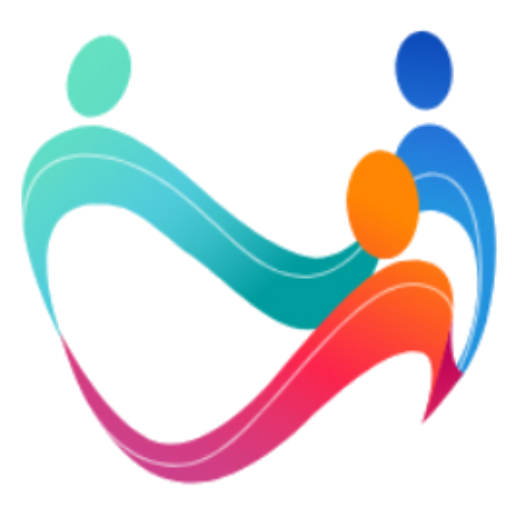2.4 Process and supporting tools
In the field of educational research, rapid prototyping of ideas is a key approach to efficiently testing and iterating pedagogical models. The ability to quickly develop and validate new teaching methodologies relies on the strategic use of digital tools that support project management, data analysis, and scientific networking. Tools like Notion and Trello provide flexible work environments for coordinating research teams, documenting progress, and facilitating feedback sharing between researchers and educators. Thanks to their intuitive interfaces and real-time collaboration features, these tools enable a more efficient management of iterative educational models.
A crucial aspect of rapid prototyping is data collection and analysis, which allows for the validation of proposed solutions. Tools such as Qualtrics and Google Forms enable the fast creation and distribution of surveys and educational assessments, providing valuable quantitative and qualitative data. Statistical analysis of these datasets can be performed using advanced software like SPSS and R, which help identify correlations, trends, and the significance of obtained results. For qualitative studies, software such as NVivo and Atlas.ti supports advanced text analysis, allowing researchers to examine open-ended student responses or classroom observation transcripts to identify meaningful patterns in behavior and educational perceptions.
Managing and organizing bibliographic sources is another essential aspect of rigorous scientific research. Tools like Zotero and Mendeley assist researchers in effectively cataloging academic papers and relevant publications, simplifying automated citations and ensuring greater consistency in reference management. Simultaneously, academic databases such as Google Scholar and Scopus allow access to the latest research, supporting a literature review based on the most recent scientific evidence.
A key component of modern educational research is transparency and reproducibility, which are essential for ensuring the validity of results. In this context, platforms like GitHub and OSF (Open Science Framework) provide infrastructure for sharing datasets, experimental protocols, and analysis scripts, allowing other researchers to replicate studies and contribute improvements. This approach not only enhances the credibility of research but also fosters openness within the global scientific community.
To make research findings more accessible and comprehensible, data visualization tools like Tableau and ggplot2 help create interactive graphs and effective visual representations of empirical evidence. A clear and engaging presentation of data facilitates the dissemination of results both within academia and among education professionals, supporting the transfer of knowledge from research to practice.
Finally, scientific networking plays a fundamental role in the dissemination and collaboration process. Connecting with experts worldwide, participating in virtual conferences, and publishing in open-access journals are all facilitated by advanced digital tools. Collaborative scientific writing can take place on platforms like LaTeX (Overleaf) or Microsoft Word, allowing multiple authors to work on a document simultaneously. Integration with reference management and data analysis tools streamlines the workflow, making research more efficient and structured.As a researcher, you have the opportunity to enhance the efficiency, credibility, and impact of your work by integrating advanced digital tools into every stage of your research process. From managing projects with Notion or Trello to collecting and analyzing data with Qualtrics, SPSS, or NVivo, each tool can help streamline your workflow and improve the accuracy of your findings. By using GitHub or OSF, you can ensure transparency and reproducibility, making your research more accessible to the global scientific community. Additionally, leveraging Google Scholar, Scopus, and reference managers like Zotero will keep you connected to the latest studies, while data visualization tools like Tableau and ggplot2 will help you communicate your results effectively. We encourage you to explore these tools and incorporate them into your work. By doing so, you can accelerate the prototyping of new educational ideas, collaborate more effectively with fellow researchers, and contribute to a more open and impactful scientific community.
